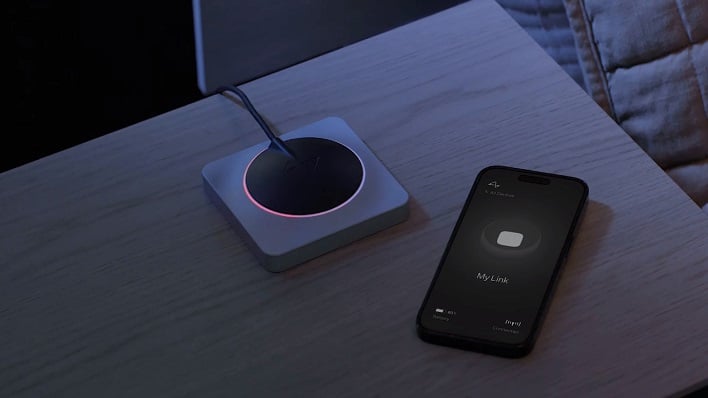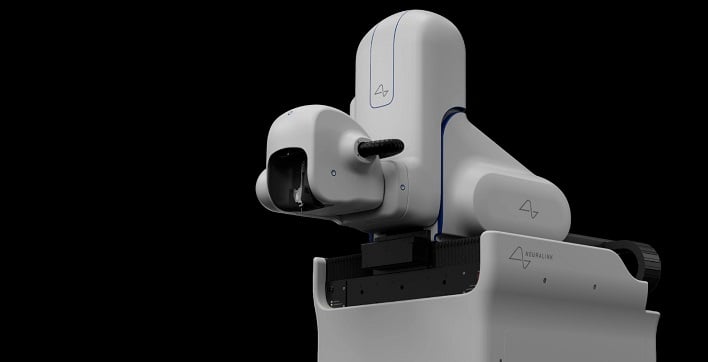FDA Clears Elon Musk's Neuralink To Trial Human Brain Chip Implants

The mission of Neuralink is to create a generalized brain interface to restore autonomy to a patient with unmet needs today, and to unlock human potential tomorrow. The company says its brain-computer interfaces have the potential to change lives for the better and wants to bring that technology from the lab to the homes of patients in need. Neuralink is one step closer to doing so with its recent FDA approval, giving the company the ability to move from testing on animals to testing on human patients.
"We are excited to share that we have received the FDA's approval to launch our first-in-human clinical study," the company tweeted. Elon Musk replied, "Congratulations Neuralink team!"

Neuralink's solution is fully implantable, cosmetically invisible, and designed to allow a person to control a computer or mobile device anywhere they go. The company touts that its N1 implant is capable of resisting physiological conditions several times harsher than those in the human body. It is powered by a small battery charged wirelessly from the outside via an inductive charger.
The N1 implant is inserted through a surgical robot with threads so fine that they can't be inserted by the human hand. The robot head contains the optics and sensors of 5 camera systems and the optics for an optical coherence (OCT) system. The needle is thinner than a human hair and grasps, inserts, and releases the threads.
Anyone who believes they may be a candidate for such a procedure can sign up for future Neuralink clinical trials via the company's Patient Registry. As of yet, there has not been any time frame given on when the trials may begin.

